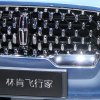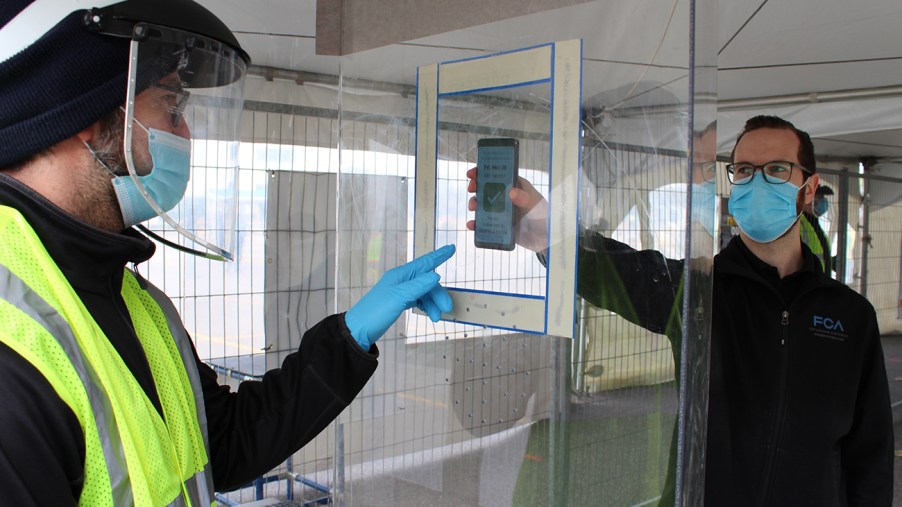
Stellantis Imposes Vaccine Mandate For Its U.S. Employees
A vaccine mandate continues to be a controversial topic in global discourse. Many countries, including the United States, have citizens divided on mandating vaccinations against the coronavirus (COVID-19). However, some automakers such as Stellantis are taking preemptive steps to avoid potential shutdowns.
Stellantis starts vaccine mandate for its U.S. employees on salary
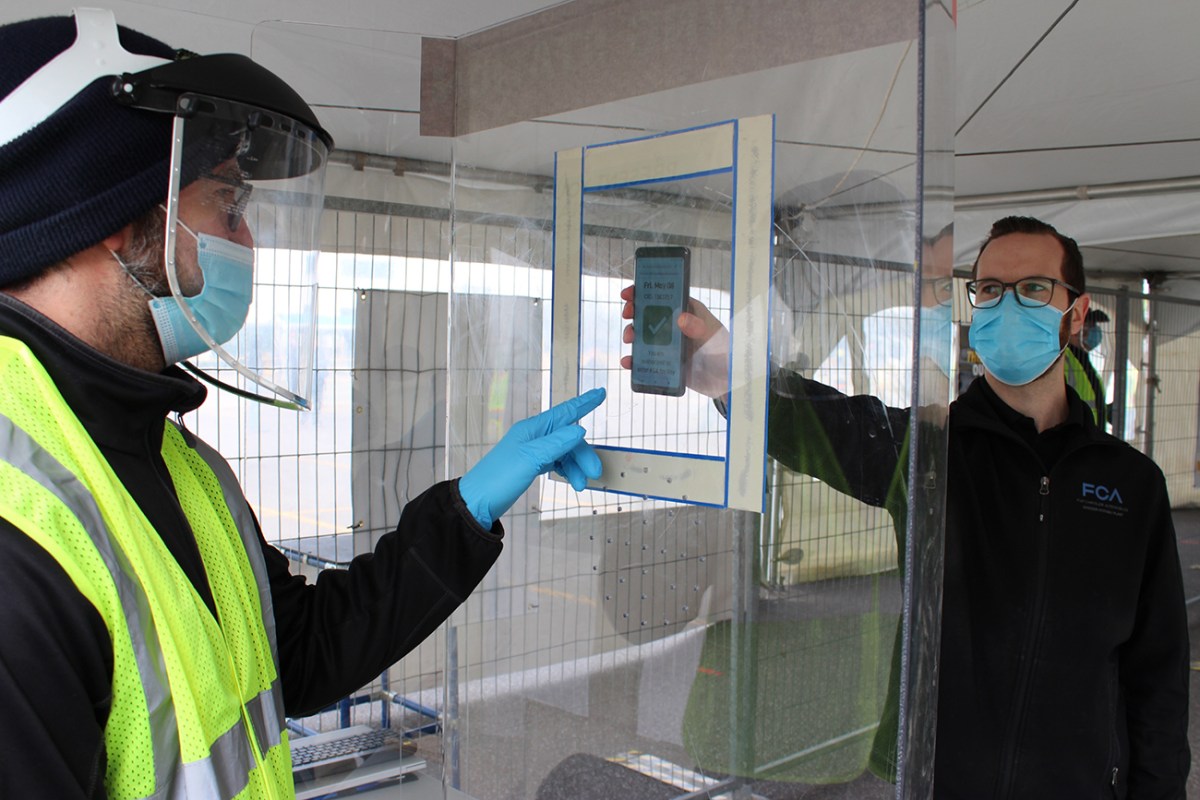
Stellantis has officially set a vaccine mandate, according to a report from Automotive News. The mandate requires all non-union U.S. employees to be fully vaccinated for COVID-19 by January 5, 2022.
Those who do not comply with the mandate will be put on unpaid leave for 30 days and may be terminated afterward.
Stellantis’ employees who are members of the United Auto Workers (UAW) union are not required to get vaccinated at the time this article is published.
Stellantis says that nearly 80% of its U.S. salaried employees have reported that they are completely vaccinated.
“Stellantis is now requiring all U.S. salaried non-represented employees to report and submit proof of their COVID-19 vaccination status by December 4, 2021, and receive their final dose by January 5, 2022,” said Stellantis in a statement.
Experts believe that the global chip shortage has been worse for Stellantis than the pandemic, but COVID-related shutdowns are what led to the chip shortage in the first place.
Ford and Mercedes Benz have also enforced vaccination
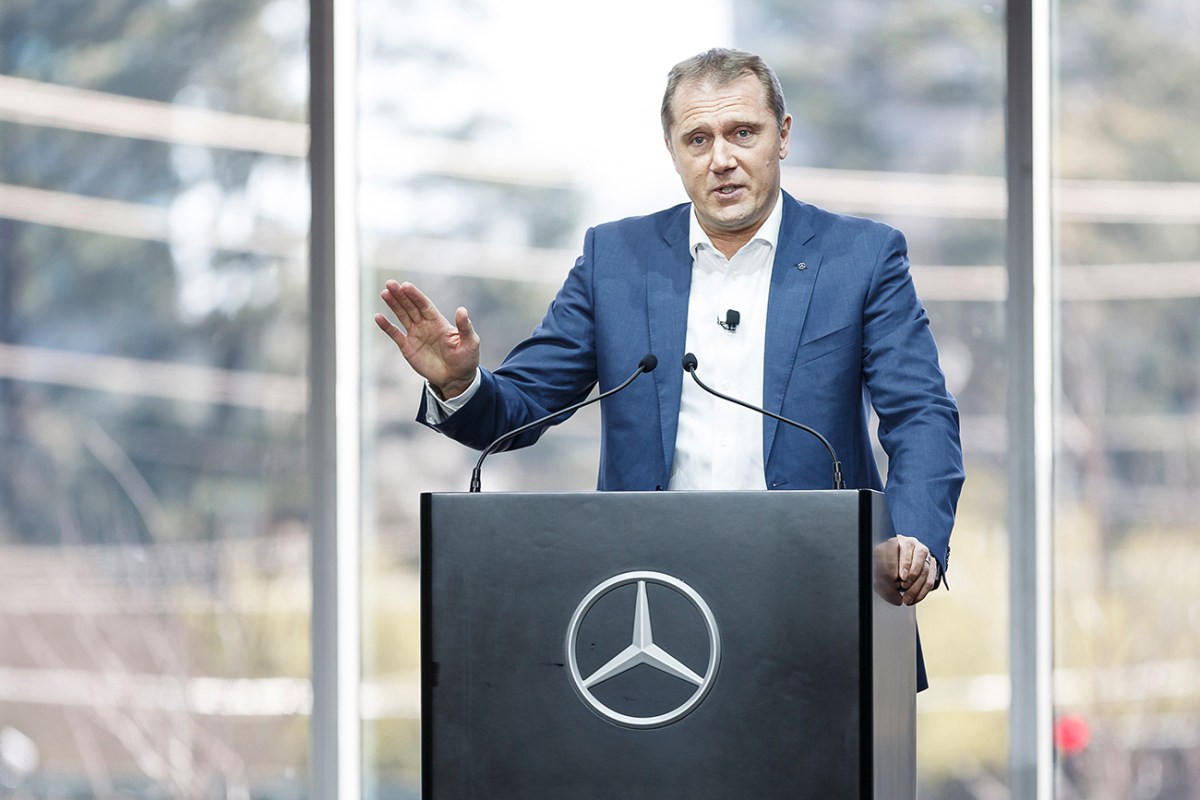
Stellantis is not the first of the “big three” to enforce a vaccine mandate. In October, Ford announced that it would require its non-union salaried employees to show proof of vaccination status.
Ford’s deadline was October 8, so its vaccine mandate has been in effect for over a month.
Similar to Stellantis, Ford did not require UAW workers to be vaccinated. For any automaker to require union employees to be vaccinated, they would have to work with UAW leadership to approve it.
Ford CEO Jim Farley said that Ford’s leadership is working with the UAW to get its members vaccinated, but so far, the UAW has resisted the notion of vaccine mandates.
In early November, Mercedes Benz announced that it would give its employees 90 days ending January 4, 2022, to get vaccinated as “a condition of employment.”
Mercedes Benz does not use unionized labor, so it is easier for it to enforce a vaccine mandate.
Automakers are trying to get ahead of the United States government on vaccines
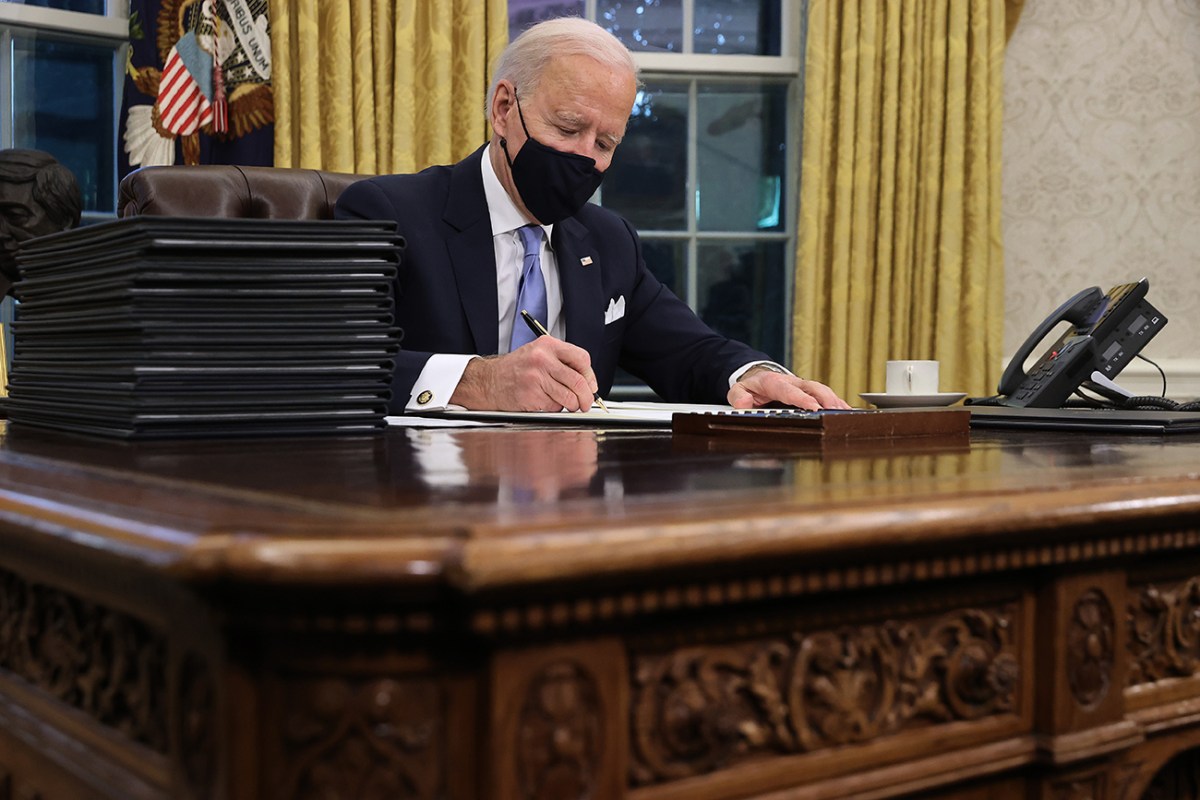
A vaccine mandate is one way to ensure the safety of employees against COVID-19. However, safety is not the only reason why automakers are turning to mandates for their employees.
It is believed that the government will eventually pass legislation that requires all employees of large businesses to be vaccinated, or those businesses could face fines.
Chances are automakers are setting mandates now in anticipation of government intervention.
Furthermore, reducing instances of COVID-19 among employees can prevent factory shutdowns which can have a significant negative financial impact.
The UAW’s decision on vaccine mandates will have a game-changing effect on the automotive industry.
